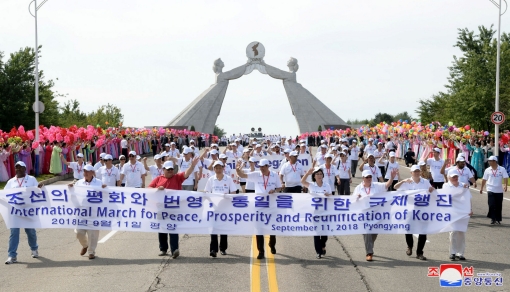|
|
RAND research and commentary on the issues that matter most
|
Aug 22, 2019
|
|
|
|
|
Images by Bits and Splits/Adobe Stock, underworld/Adobe Stock, and Leonid/Adobe Stock
|
|
|
|
Americans spent nearly $150 billion on cocaine, heroin, marijuana, and meth in 2016—rivaling U.S. spending on alcohol. That's according to a new RAND report. This number is driven in large part by the small share of people who use drugs on a daily or near-daily basis. The findings provide valuable insights into the complex markets for these substances. Policymakers can use such data to better understand drug use outcomes and the effects of policies. Read more »
|

|
|
Shipping containers at the port in San Pedro, California, March 22, 2018. Photo by Bob Riha Jr./Reuters
|
|
The Trump administration announced last week that it would postpone new tariffs on Chinese consumer goods until December. But tariffs remain in place on hundreds of billions of dollars of other commodities. They don't seem to be working, says RAND's Charles Ries. Washington's "go-it-alone approach" is imposing a high and growing cost on the U.S. economy, he says, and it could threaten global prosperity. What's more, there's no quick resolution in sight.
Read more »
|
|

|
|
Photo by cyano66/Getty Images
|
|
Kids across the United States are heading back to school. For students at most middle and high schools, that means waking up for classes that start at 8 a.m. or earlier. This leaves most teens chronically sleep-deprived during the week. That's according to RAND's Wendy Troxel, a sleep expert and a parent of two. Ideally, schools would start later, she says. But until that happens, parents can take steps to ease the transition to earlier wake-up times.
Read more »
|
|

|
|
People attend a march for peace, prosperity, and reunification in Pyongyang, North Korea, in this undated photo released September 12, 2018. Photo by the Korean Central News Agency
|
|
In a nationally televised address last week, South Korean President Moon Jae-in pledged to achieve Korean unification by 2045. Is such a feat possible? A RAND report published last year found that neither South Korea nor North Korea is ready for a successful union. In exploring nine potential paths toward unification, the report concluded that the best path is likely associated with regime collapse in the North. This would require negotiations with the government that replaces Kim Jong-un—a process that would take many years.
Read more »
|
|

|
|
Photo by DGLimages/Getty Images
|
|
Educators have to make tough decisions about how to support students who are struggling with academic or behavioral issues. Where do they turn for guidance? To find out, RAND researchers asked a nationally representative sample of educators. Both teachers and principals said that colleagues are a go-to resource for addressing student needs. In fact, more than half of teachers said that the first source they consult is another teacher, support staff, or a school or district leader.
Read more »
|
|

|
|
A young boy waves a black flag inscribed with Islamic verses at a rally of Tunisian Salafi Islamists in the central town of Kairouan, May 20, 2012. Photo by Anis Mili/Reuters
|
|
Eighteen years after 9/11, a new generation of terrorists may be emerging. Will Salafi-jihadism manifest differently in Generation Z (people born between 1997 and 2012) than in previous cohorts? And how will political upheavals, socioeconomic trends, and rising digital connectivity affect Gen Z's susceptibility to radicalization? A new RAND paper tackles these questions. The authors highlight Gen Z's unprecedented connection to the internet and modern technology. This may foreshadow an adaptive, tech-savvy terrorist threat.
Read more »
|
|
|
You already get the latest insights from RAND in your inbox. Why not your earbuds?
Policy Currents is now available as a weekly podcast. Five minutes, every Friday.
Subscribe now »
|
|
|
|
|